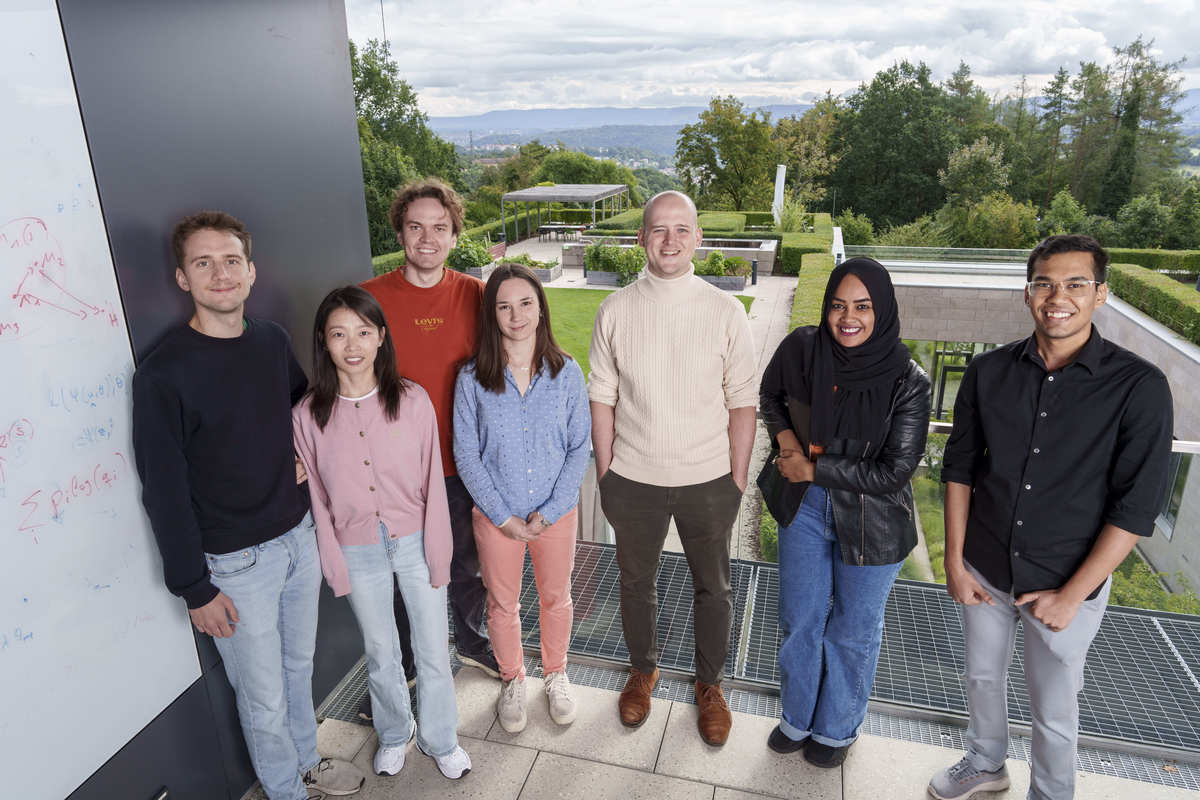Research Overview

The Safety-and Efficiency Aligned Learning (SEAL) group is researching modern problems in machine learning that require new insights to be made to make sure that the models we train are both safe and efficient. The group was established in October 2023 and is a joint research group at the Max-Planck Institute for Intelligent Systems and the ELLIS Institute Tübingen, with research group leader Jonas Geiping.
The Safety-aligned and Efficiency-aligned learning group was established to answer questions on the frontier of modern model developments. While the group is not primarily a natural language processing group, questions of safety and efficiency are particularly relevant for the large-scale language models we see and interact with today.
Safety and Efficiency may seem at first glance as unrelated, but for modern machine learning systems, such as large-scale language models, both dimensions need to be considered. More than that, we are investigating how learning algorithms can be aligned with both safety and efficiency. In practice, this might mean algorithms that pre-train language models but reduce incidents of memorization of input text [], or algorithms that can mark the outputs of LLMs with watermarks without impeding their functionality [
].
Often, the first step is to measure and audit problems with large-scale systems, such as with jailbreak attack, which are adversarial inputs that break the alignment of large language models, leading to unexpected or malicious outputs [], investigating how to even measure style replication in generative image models [
] or quantifying the effect of pretraining data on the properties of trained models [
].
These research questions are built on a foundation of clear understanding of the efficiency and design of large-scale systems, such as in our work for the DoE INCITE grant "DemocAI", where we build and maintain exa-scale machine learning training pipelines that allow for new insights not only into training, but also into privacy risks and allows for scientific investigation of memorization effecsts at previously unprecedented scale in academia [].
These large-scale efforts directly inform our work, such as privacy risk audits in [] or new detection systems for machine-generated text [
].